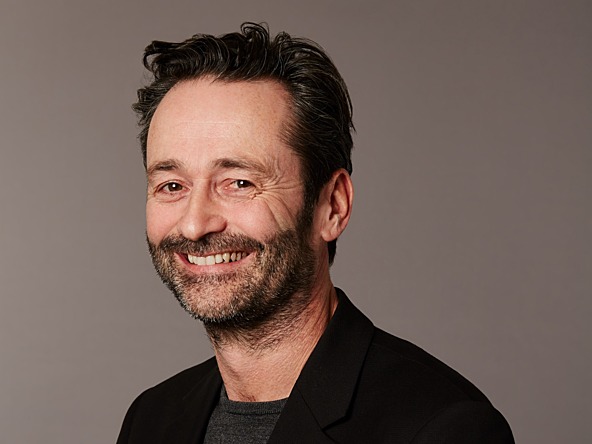The survey is dead. Long live the survey!

In the lore of alchemy, the philosopher’s stone is the magical mineral whose touch will turn base metal into gold. For insight professionals, the equivalent is their own judgment. But as decision-makers in organisations in both public and private sectors start to be seduced by the lure of passive data collection – after all, there’s so much of it available now – will this be consigned to the realms of mythology?
Not if Colin Strong has anything to do with it. The MRS Delphi Group chair will be running a session at Insight Alchemy 2023 asking how as an industry we sustain a rounded view of the people, communities and markets we need to understand. Drawing on the recent Delphi Insight Alchemy report, his panel is a must-attend for anyone needing to keep their insight programme sustainable.
“Underpinning the report is this broad idea that ‘the survey is dead, long live data!’” Strong explains. “We know that’s not true, but it can be challenging to make the case for why. A good starting point is to demonstrate our understanding of the limitations of each method of data collection. Recognising those limits gives you strength, professionally, because you can then start to work out how to control for them.”
The challenge here is the myth that data is somehow going to overwhelm the vested interests of ‘Big MR’ which is protecting the notion of ‘asking questions’ for it’s own selfish purposes. “We’re hearing more and more this line that ‘people lie and they’re poor witnesses to their own behaviour’,” Strong says. “We have to be confident enough to accept that some of the traditional survey methodologies do have their own limitations.
“But the position is overstated, and if we’re confident in explaining the narrative on the benefits of ‘asking people stuff’ it can and should remain part of the toolkit. Data analysis has its limitations, too, and the art and science of insight is about understanding each different approach’s strengths and weaknesses to arrive at conclusions that aid better decision-making. As an industry we need all the tools to make a compelling case in boardrooms.”
The current economic and social situation does lack clarity – and they’re changing rapidly. That’s a case for more rounded approaches, not relying on the cheapest approach to data. “We should be articulating the importance of self-reporting in an environment that highly uncertain,” Strong adds. “Data analysis is powerful, but it’s also largely backward-looking and that’s much less useful when the future context for most people will be different. People’s perceptions and their plans add a huge amount to that conversation – and we should be defending survey work on that basis.”
Strong will be joined on stage by major client insight leaders and an active agency head on 14 March to explore the topic. Their mission? To give delegates a to-do list equipping them to make a stronger case now, next and later for the effectiveness of a holistic view of research.
Join the debate here – and join your peers on 14th March to put your case in the debate that will shape the future defence of professional insight.
Research Live: What aspect in (or of) the research industry right now excites you? It could be talent, tech, an opportunity or a state of mind.
Colin Strong: Most exciting is the way we are increasingly moving from a very individualistic perspective to one where we see more clearly how wider social, cultural, and political environment shapes how we act. The challenge – and opportunity – is to rethink the tools we have to ensure we use them together to really use this understanding to support positive outcomes.
Give us a prediction for the start of 2023 – one thing you think is going to happen in the research industry this year? Why might it be important?
We will increasingly see behavioural data yield ever more valuable insights – in particular the application of behavioural science (and social science more generally) to help drive the way we interrogate and make sense of the huge data assets that we now have access to.
What’s the most compelling impact you’ve seen from research during 2022? Why was it so significant?
For me it is the rise of multiple sources of data being used to complement each other – and doing so in way that is increasingly standard across organisations. So it is less the big headline moments, that the way that as an industry we have been successful in empowering people ‘at the coalface’ to use research in an intelligent way to drive change.
In uncertain times, what one piece of advice would you offer younger research professionals? It could be personal, professional or practical – what’s your tip for navigating an unsettled environment?
Be intellectually nimble, have a range of practical skills – and above all be well-read.
Find out more about Insight Alchemy 2023 - programme and headline speakers

We hope you enjoyed this article.
Research Live is published by MRS.
The Market Research Society (MRS) exists to promote and protect the research sector, showcasing how research delivers impact for businesses and government.
Members of MRS enjoy many benefits including tailoured policy guidance, discounts on training and conferences, and access to member-only content.
For example, there's an archive of winning case studies from over a decade of MRS Awards.
Find out more about the benefits of joining MRS here.













0 Comments